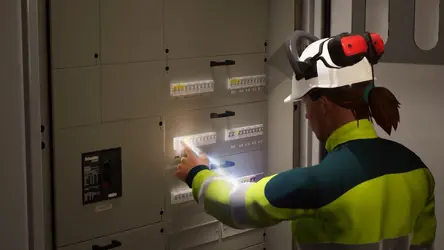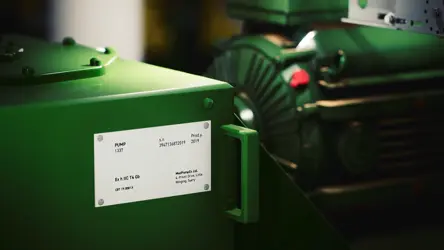Access to electrical installations offshore
Do you think about safety when you carry out your work in electrical installations offshore? Stay up to date so that you do not expose yourself or others to danger.
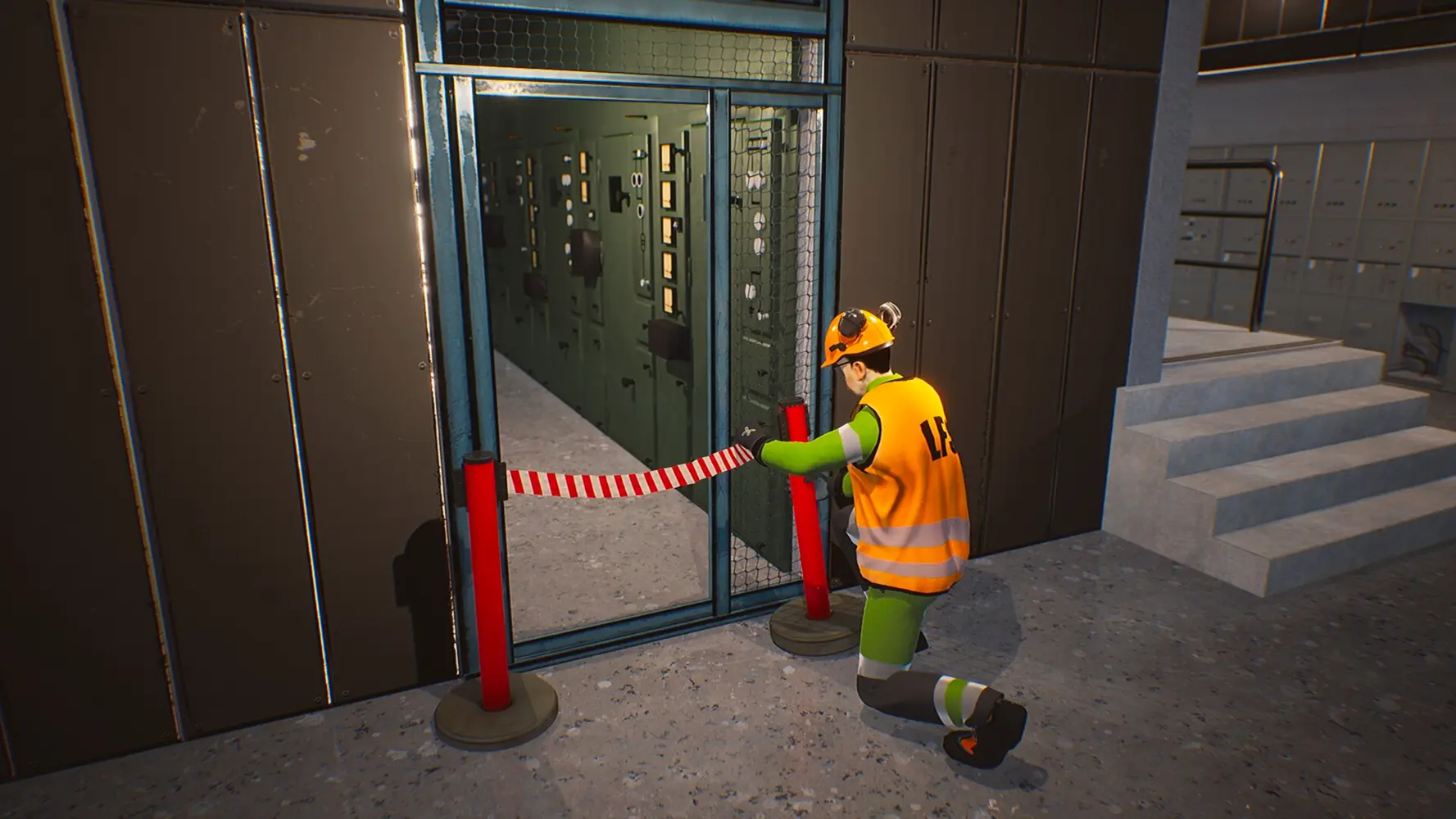

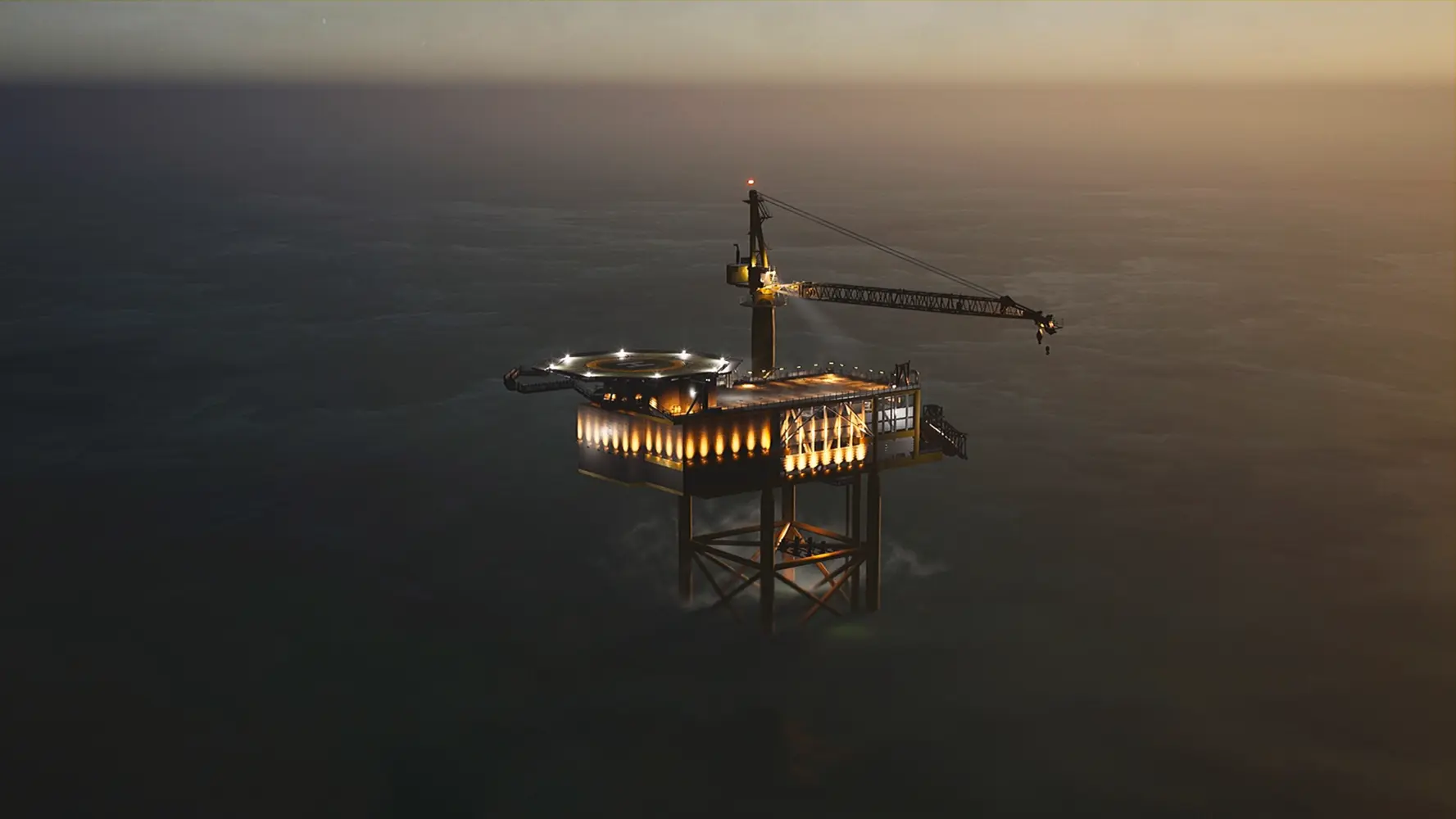
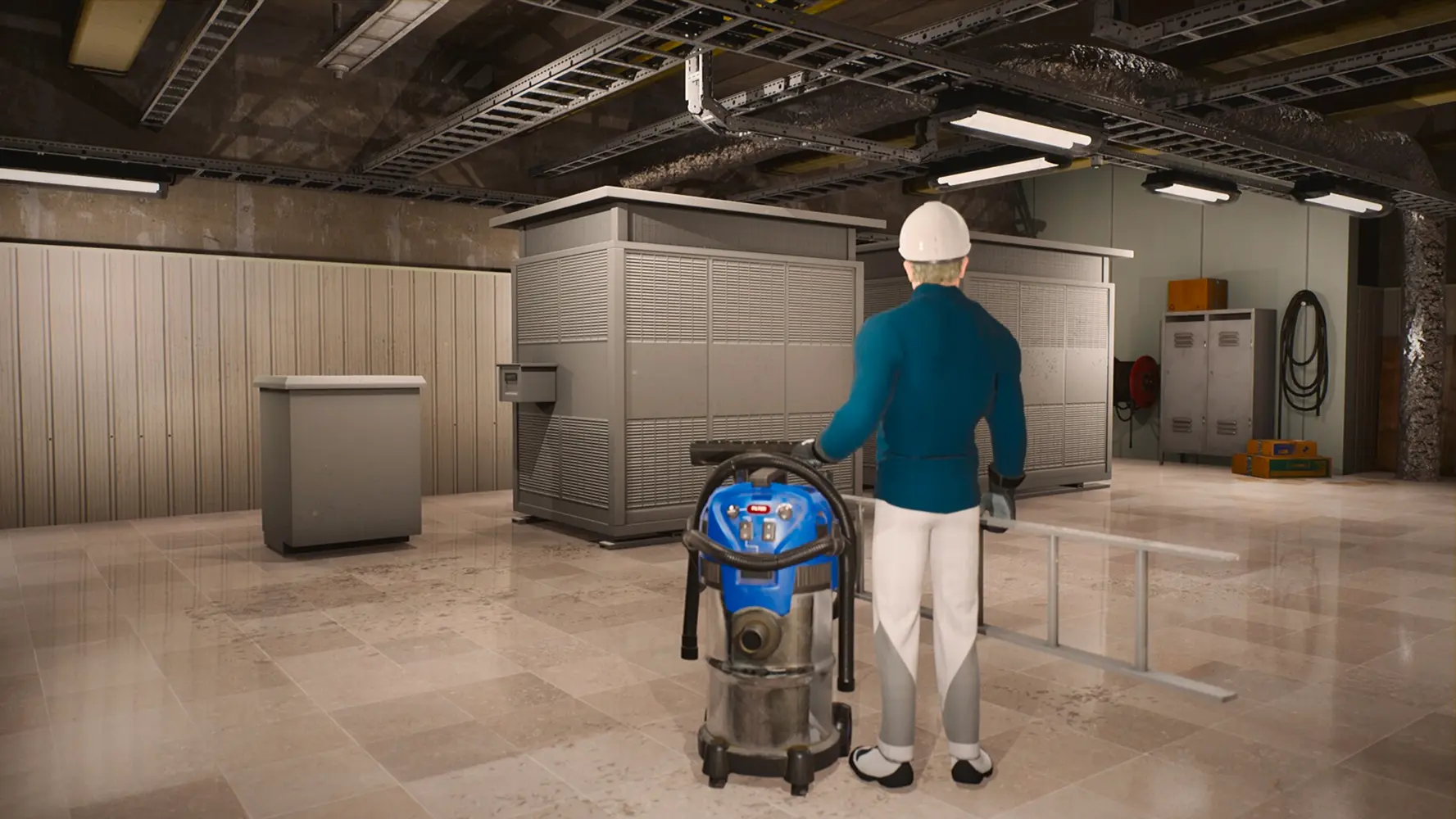
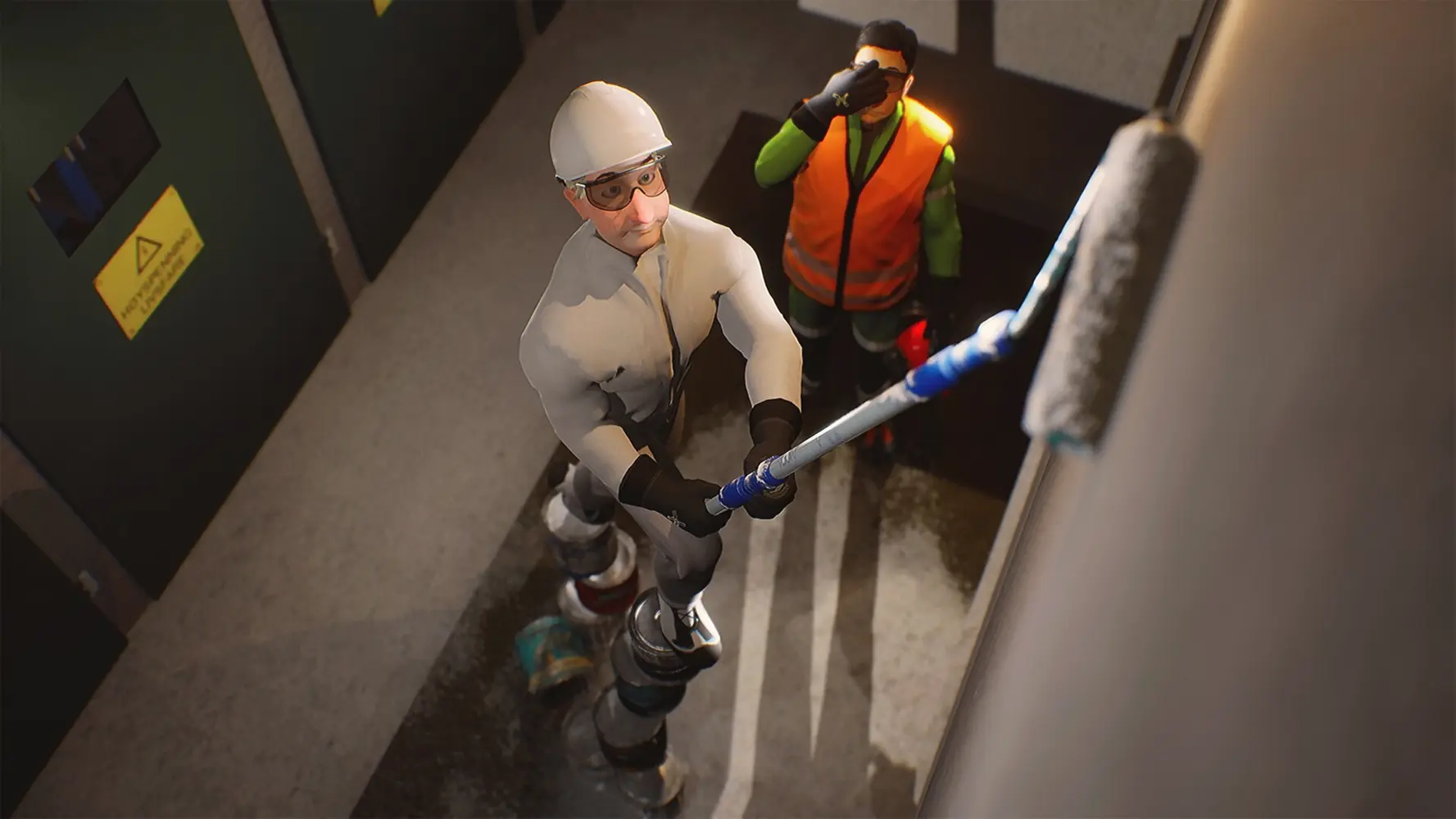
The goal
After completing the course, the participant shall be aware of the dangers in low- and high-voltage installations, so that they do not expose themselves or others to danger when staying in electrical installations offshore.
The target group
Anyone who is to have access to or work near electrical installations offshore, to perform work that is not directly related to the electrical installation. Persons who have a key and independent access to areas with electrical hazards to perform visual inspection or other work within locked electrical installations. T he course is also suitable for electrical engineers and other personnel who are to have access to a limited area with electrical hazards.
The topics covered
- Hazards in high voltage systems
- Hazards in low voltage systems
- Current through body
- Arc flash Hazards
- Training requirements
- Access to electrical installations offshore (access permit)
- Responsibility and planning
- Safety on site
- Risk and behavior - delimitation of work areas
- Behavior in low and high voltage facilities
- Documentation, safety cards
- Emergency preparedness and evacuation
- Reporting accidents
The course satisfies the requirements for theoretical training in accordance with § 7 of the FSE.
In addition to this course, you must do a tour with instruction in the facilities you will be working in and the equipment you are going to use. This shall be arranged by the individual employer.
Technical information
System requirements
This course can be completed on a computer, tablet, or smartphone – whenever and wherever it suits you. To ensure the best possible experience, we recommend using an up-to-date web browser (such as Google Chrome, Microsoft Edge, Safari, or Firefox) and a stable internet connection with a minimum speed of 5 Mbps. If you are using a mobile network, a 4G connection or higher is recommended.
Course manual
No, a course manual is not included for this course.
Do you have questions?
We understand how important proper training is to ensure a safe work environment, and we are dedicated to delivering the most effective training in electrical safety.
If you have questions about this product or want more information about our offerings, our experts are here to help you find the right course for you or your team.
Contact us
Related courses
At Trainor, we create custom-designed, animated films to create engaging content that provides you with exceptional learning experiences. In a world that demands increasing competence, efficiency, and sustainability, we offer high-quality digital training that meets industry needs and expectations and engages professionals worldwide.
If you have questions about this product or want more information about our offerings, our experts are here to help you find the right course for you or your team.
Read moreWith the Trainor app, you can take eLearning courses directly from your mobile or tablet, even if you don't have coverage. The app is free, and you log in with the same username and password you usually use on trainor.no.


